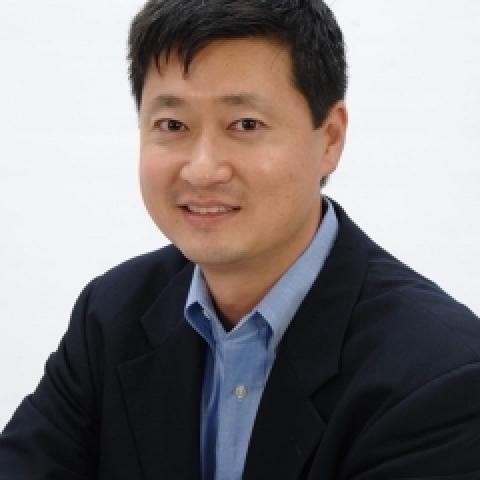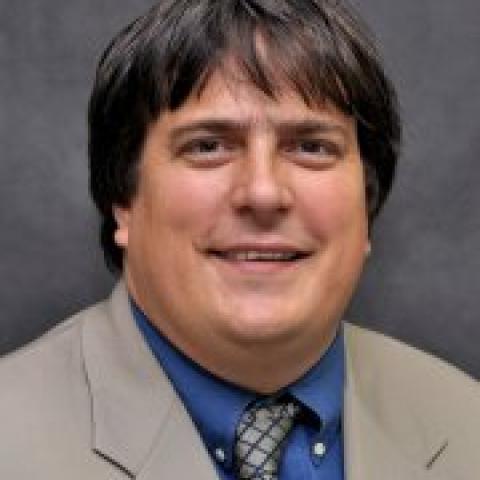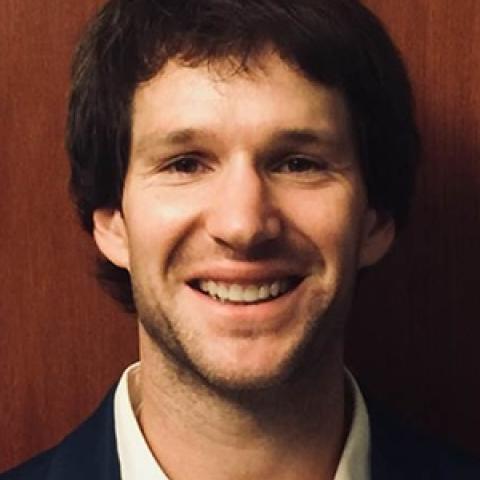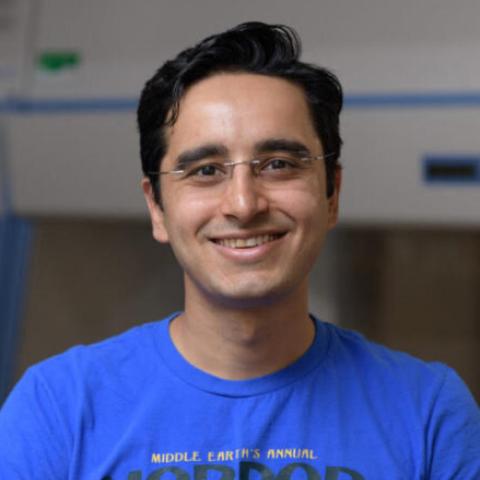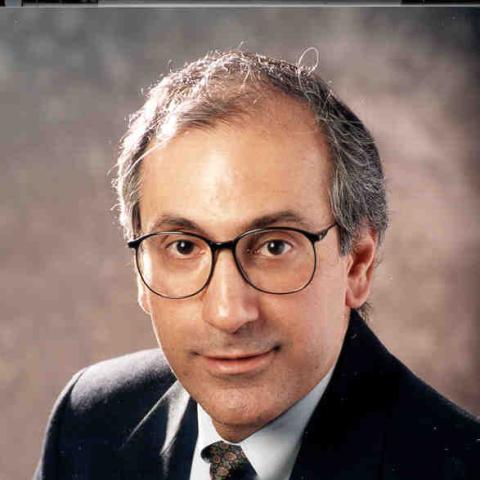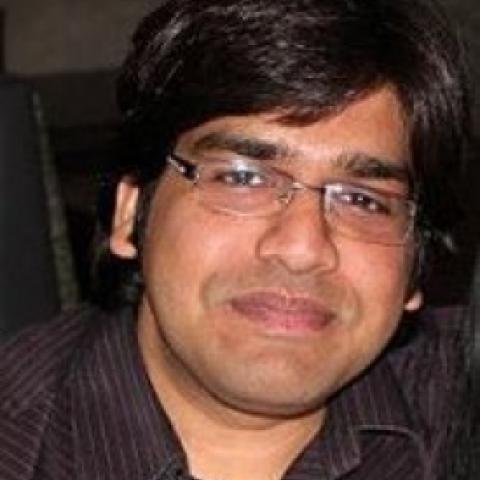The Blazeck Lab tackles challenges at the interface of immunology, engineering, and metabolism to improve human health. We utilize our expertise in cellular and protein engineering to control biological function and to develop novel therapies to fight disease.
Synthetic Immune Systems
Our immune system uses very complex processes to make exquisitely specific receptors that recognize disease causing agents, and much of our ability to fight diseases is contingent upon the development of a diverse repertoire of immune receptors. Many questions remain unanswered about these immune receptors. For instance, at a population level, can we characterize the millions of receptors each person makes? And then further determine which of these millions of receptors is most important towards recognizing and targeting a pathogen? And can we control the generation of immune receptors to have desired properties? We are striving to answer these questions by harnessing our immune system’s power in a synthetic setting to improve understanding and treatment options for numerous diseases, while developing applications for vaccine design, personalized medicine, and enzyme engineering.
Engineering Cellular Therapies
Immunotherapies are treatments designed to modulate the immune response that have shown astounding clinical potential, yet there are no current treatments with guaranteed success. We are working to engineer cellular systems with controllable, enhanced, and non-native functions that improve their impact and capability. By developing high throughput technologies to interrogate immune function, we hope to translate our findings into improvements in the next generation of cellular therapeutics.
Developing Proteins that Fight Cancer and Control Metabolism
It is widely accepted that cancer cells have a significantly altered genomic and metabolic makeup relative to normal cells, but how can we best target these differences? By combining our expertise in metabolism and therapeutic protein engineering, are working to engineer proteins to directly target and fight cancer. For instance, certain enzymes can control the metabolic environment around tumors to inhibit their growth or to stimulate a native anti-cancer immune response. We utilize directed evolution approaches to optimize protein function and efficacy.
